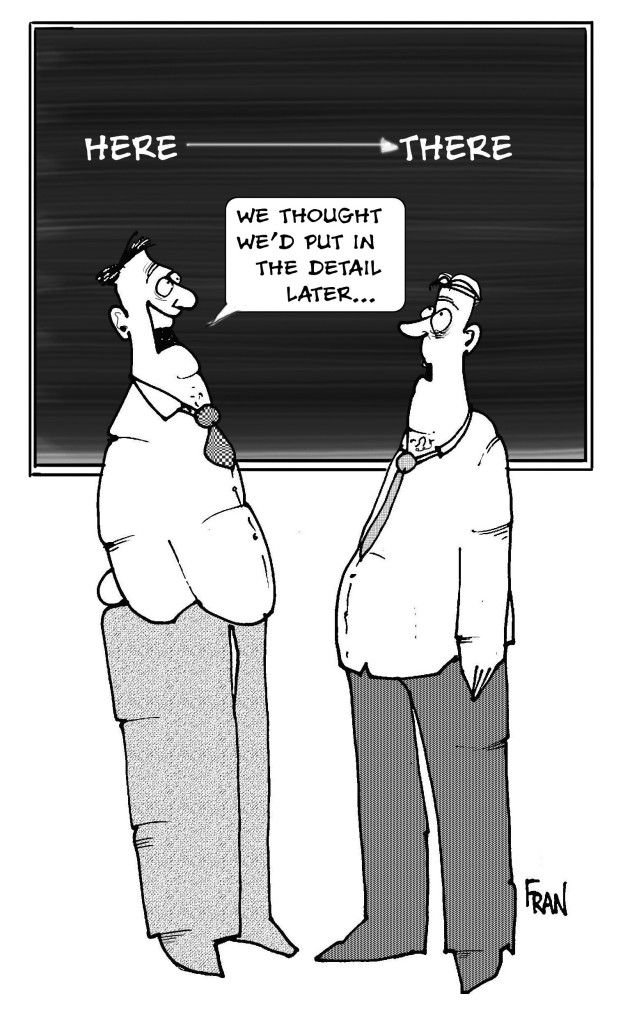Sure Hope the Plane Don’t Crash.
About twelve years ago I decided that it was time to do something I had wanted to do for over 30 years—become a pilot. Since then I have discovered that piloting has a lot in common with managing digital projects. There are a few things you can let slide, but both have to be respected from the very beginning. Here are a few lessons I have learned.
1. Do a good preflight.
Just as your wheels lift off the runway is a really bad time to discover that you forgot to close the door properly or put the heavy passenger in the front seat.
Before starting a project, take the time to fully investigate what is needed to complete the job. This is not just a list of deliverables. It may be more intangible items, such as a meeting with your client’s boss to help explain the importance of the project and the ROI for the company. These “intangibles” can make the difference between a successful project or a “just completed” project.
2. Be sure you have a backup and then a backup for the backup.
I recently landed at an airport that no longer had fuel even though all the proper publications said it did. Fortunately I had enough fuel to fly for another hour and had planned on two other airports close by with fuel.
On digital projects there are countless places where the project can go off track. Make sure you have a detailed and clean plan for how you are going to handle situations that are not part of the original specification. Waiting for the disaster to occur is not a plan.
3. Listen to people. They probably know more than you do.
I know a number of pilots that are either too scared of making a mistake by talking to Air Traffic Control (ATC) or just think it is a waste of time. Most times, admitting you don’t know something to ATC will get you a lot of assistance from controllers that have much more experience than you.
Even though you may be sure your training makes you an expert, most likely your client has a much more comprehensive understanding of the culture and needs of the company. Take the time to ask open-ended questions and really listen to the answers. If you are already formulating your response in your head, you are not really listening to the person talking. Non-technical information gathered early in the process can shave days off a schedule and avoid a lot of frustration and ill feelings on both sides of the project.





